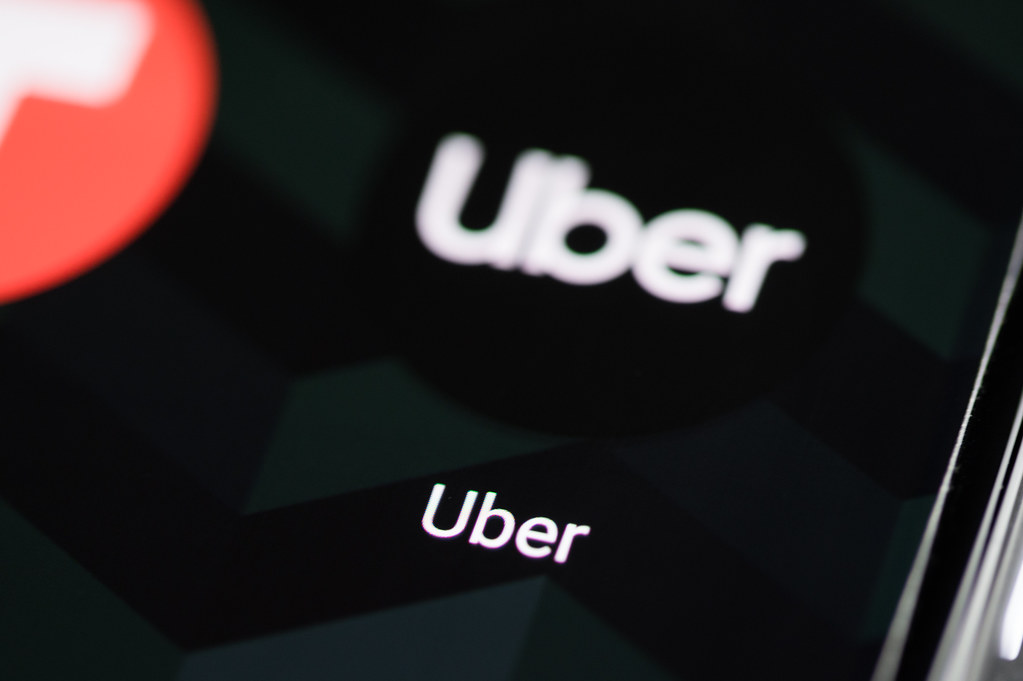Ride-sharing company Uber Technologies Inc. released its fourth-quarter earnings, beating top and bottom-line estimates on Feb. 7.
The report — which included an end-of-the-year financial summary — marks the company’s first profitable year since its inception 15 years ago.
Uber reported a 15% year-over-year increase in revenue and monthly active platform consumers totaling $9.9 billion and 150 million, respectively, a 22% spike in gross bookings equating to $37.6 billion and net income of $1.4 billion.
Additionally, Uber expects gross bookings of $37 billion to $38.5 billion and adjusted earnings before interest, tax, depreciation and amortization of $1.26 billion to $1.34 billion for the first quarter of 2024.
Gross bookings are the total value of services facilitated through Uber’s platforms including tax and other service fees.
“2023 was an inflection point for Uber, proving that we can continue to generate strong, profitable growth at scale,” Dara Khosrowshahi, CEO of Uber, said in the earnings report. “Our audiences are larger and more engaged than ever, with our platform powering an average of 26 million daily trips last year.”
Khosrowshahi cited that consumer strength and spending are strong. He added that Uber’s strategy is to “target different demographics and build different services,” such as Uber Reserve, UberX Share and Uber One, used by different income strata.
Uber’s mobility and delivery business segments — the company’s two biggest businesses —grew 29% and 19% year over year, equating to $19.3 billion and $17.0 billion, respectively.
Investors and analysts praised Khosrowshahi for Uber’s recovery but acknowledged that expectations will be higher for the next quarter.
Investors closely watched out for the company’s capital allocation plans to see whether capital would be reinvested into businesses or shareholders through dividends or buybacks.
“Here is the issue: when you have a CEO that has done what Dara has done, you set the bar higher and higher with each successful quarterly report and that’s what he’s done here, so he leaves himself a little margin of error,” Steven Weiss, founder and managing partner of Short Hills Capital Partners said on an episode of CNBC’s Halftime Report. “What I am looking for when he reports is, how are you going to allocate capital between the businesses that are working and some that aren’t like freight [Uber’s logistics shipping company].”
Uber opted for a plan to buy back as much as $7 billion in shares from the marketplace on Feb. 14. A signal of confidence and a financial health milestone, the move would decrease the number of outstanding shares by purchasing them directly from the marketplace, lending liquidity to share sellers directly and to shareholders indirectly by increasing share price.
“Today’s authorization of our first-ever share repurchase program is a vote of confidence in the company’s strong financial momentum,” CFO Prashanth Mahendra-Rajah said. “We will be thoughtful as it relates to the pace of our buyback, beginning with actions that partially offset stock-based compensation, and working towards a consistent reduction in share count.”
The announcement came the same day a major strike by ride-share drivers from Uber and Lyft Inc. was staged across the country at 10 major airports. Lyft shares were up 32% on Feb. 14 after its earnings surpassed Wall Street’s expectations and Uber shares were up over 13% by the day’s end.










Frost the Hoe Boss • Feb 23, 2024 at 10:42 pm
Fuck Dara and Uber !!!!!!!
Money is waaayyyydown for the ones that make the Uber Brand great.
THE FUCK’N DRIIIVVERRRRSSS